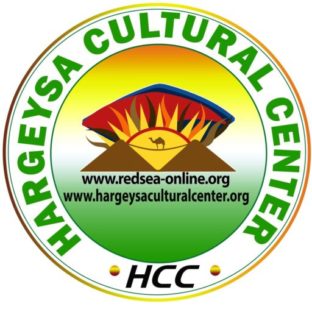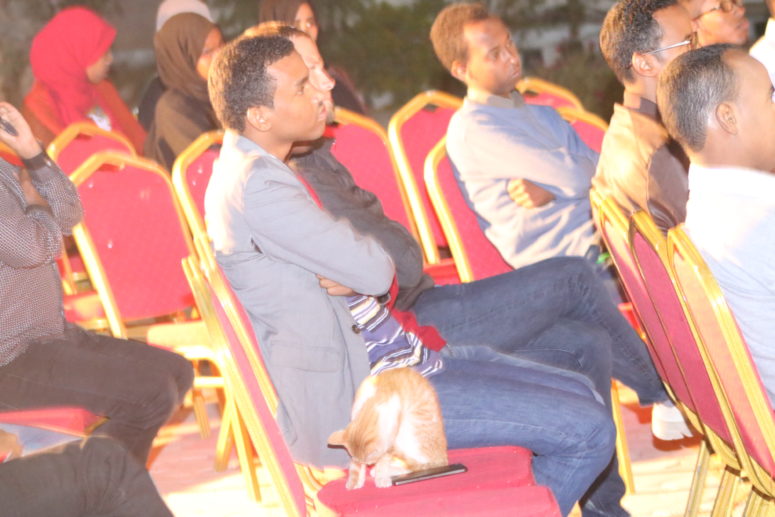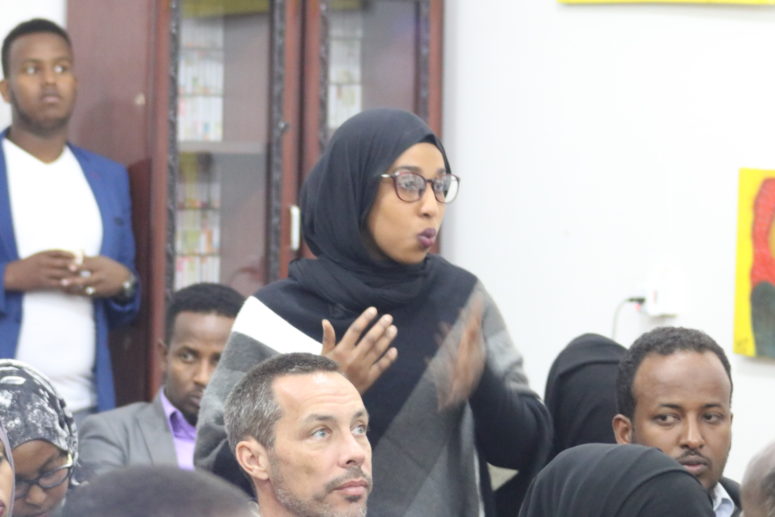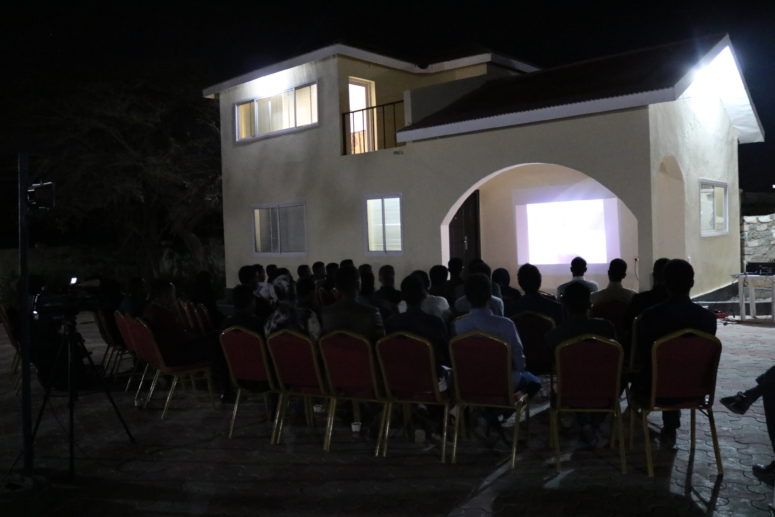A Somali Nation-State: History, culture and Somaliland’s political transition
The presentation by Dr. Michael Walls was another critical presentation we had in developing academic space for research and knowledge transfer in Hargeyisa Somaliland. Michael Walls (PhD) is a Senior Lecturer at UCL’s Bartlett Development Planning Unit (DPU), and for the past fourteen years, his research has focused on the political economy of the Somali Horn of Africa, including the evolving political settlement in Somaliland. He has also been a part of the coordination team for international election observations in Somaliland in 2005, 2010 and 2012 as well as the 2016/17 Voter Registration process, and was Principal Investigator for the ESRC-funded research project ‘Political Settlement in Somaliland: a gendered perspective’. Michael is currently heading the international Election Observation Mission for Somaliland’s 2017 presidential election.
Summary of Presentation
Somaliland is attracting increasing attention for its stability and the cycle of elections that has taken place since a constitution was formally adopted by referendum in 2001. This event will consider research conducted by Michael Walls, culminating in the book ‘A Somali Nation-State: History, culture and Somaliland’s political transition’. In that publication, Walls argues that, rather than undergoing a process of what is frequently described as ‘democratization’, Somaliland can more accurately be seen as negotiating the difficult transition from a discursive system of extreme democracy to a representative one more suitable for nation-state governance. That transition has proven difficult in other societies that have experienced it, and many of Somaliland’s own challenges can be better understood from that perspective than the one provided by more common narratives.
Walls’ own research on this has spanned almost a decade and a half, and in the early days took a constructivist approach, with consequent impact on the methodologies employed. Relying heavily on qualitative and interview-based methods, the research relied on triangulated narratives to build a picture of the understandings of participants as to the processes that have supported Somaliland’s transition. This session will consider both methodological approaches and the findings of that research.
Participant of this presentation stressed the relevance of such spaces specially with well experienced presenters like him as it has helped attendants from all domains of research and academic space. The PhD researchers who are in their data collection, analysis and presentation have got the experience shared from his activities and young attendants who haven’t started their research even were benefited from process of topic selection, framing, scoping and methodologies as a way of assuring objectives attainment for their academic inquiry.



